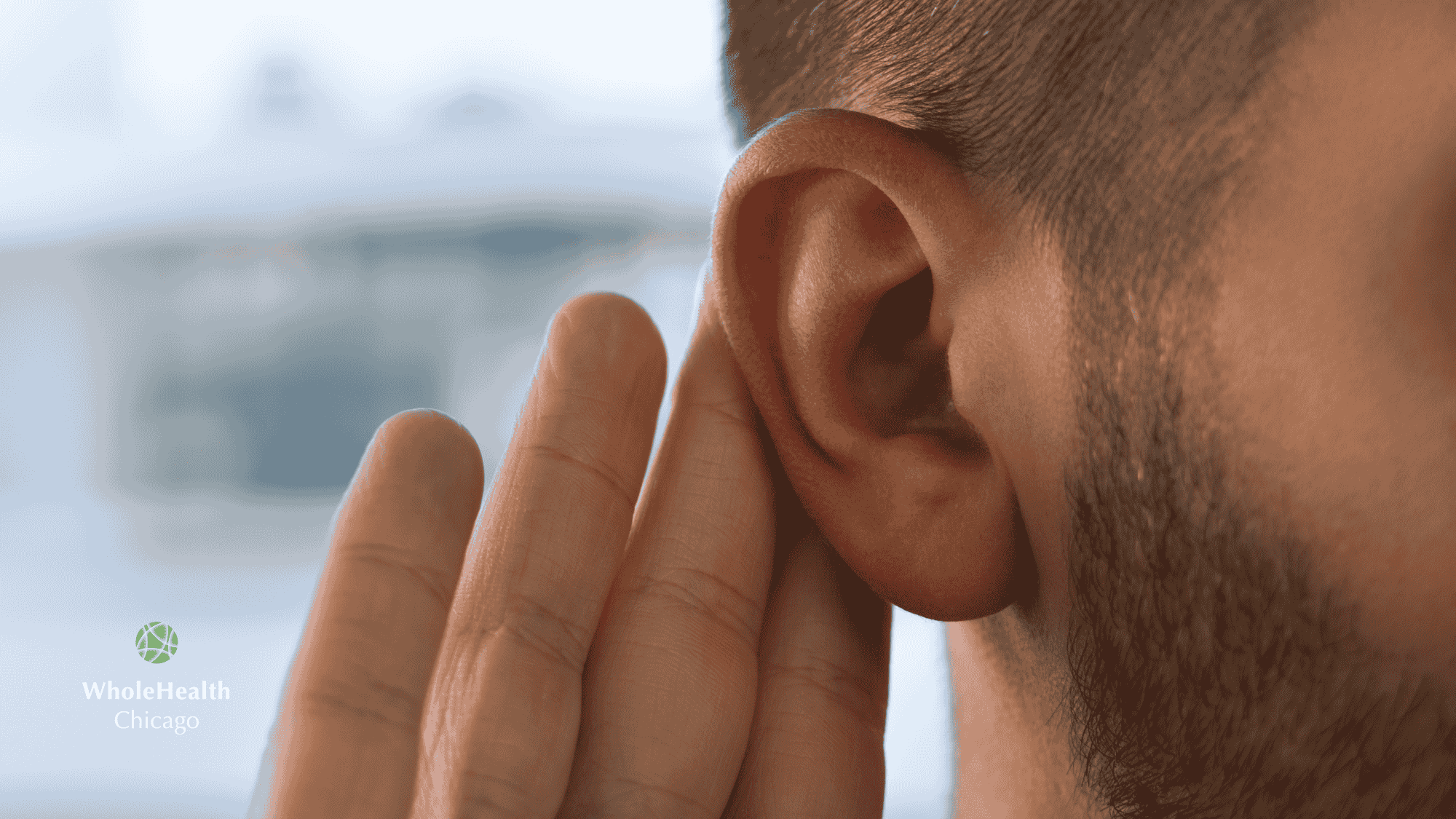I’m fully aware the patient group at WholeHealth Chicago is an interesting bunch.
With or without any chronic health issues, they’re what doctors call “pro-active” about their health and well-being.
For example, Bob, with middle aged spread, his newly diagnosed high blood pressure, high cholesterol, started his treatment elsewhere is now meeting with Olivia Darrow, our nutritionist, and reactivated his health club membership.
Julia, finishing up her treatment for Chronic Lyme, now wants to work on prevention and longevity.
“I’ve had it with the rabbit hole of conventional medicine. No one mentioned prevention. No one even mentioned Lyme Disease.”
“I’d like to live to be very old, but also be very healthy,” says Julia. “My grandaunts and grandmother were well into their nineties, but really had severe dementia and spent years in nursing homes. I’d never want that.”
Here’s a dreadful statistic:
After age 55, 42% of Americans have a lifetime risk of developing dementia sometime in their lives. The risk is slightly higher in women than in men.
We often talk about 14 ways you can target prevention of dementia.
Today, I’ll focus on just one: hearing loss, because it’s the most overlooked and the easiest to correct.
Another reason for this topic: I recently visited my audiologist of three decades, Dr. Ronna Fisher, owner of Hearing Health Center. We shared the latest research on hearing loss and dementia, and discussed a mutual patient who developed hearing loss after a tick bite.
Life Stages and Dementia Prevention
Early Life
- Get as much education as possible for yourself and your kids.
- Not finishing high school is a significant risk factor for late-life dementia, as there is less brain “reserve” to fall back on.
Middle Age
- Get your hearing tested, especially if you had long COVID (10% lost some hearing) or if you’re experiencing subjective hearing loss (“Honey, turn up the TV!”). This is covered by most health insurance policies (although usually hearing aids are not).
- Untreated subjective hearing loss can lead to brain damage, poor executive function, and early dementia. Learn more.
Other risk factors for dementia include:
- High untreated LDL (“bad”) cholesterol
- Untreated depression
- Traumatic brain injury
- Physical inactivity
- Obesity (GLP-1 inhibitors now show reduced dementia risk)
- Poorly treated diabetes
- Smoking
- Excessive alcohol
- Advanced age
- Social isolation
- Air pollution
- Get vaccinated for Shingles as there’s a 20% reduction in dementia (Get vaccinated! Learn more)
Nutritional Supplements
Nutritional supplements are also a useful adjunct. Here’s my own current list for brain health. I’ve put a * for those most researched. You can get these from wholehealthchicago.com>apothecary which will connect you to fullscripts
Pure Encapsulations ONE (daily multiple, one a day
*Curalieve (Integrative Therapeutics), twice a day (turmeric that penetrates blood-brain barrier) may be explanation why Alzheimer rate is lower in India that in the rest of the world
*Memorall (Xymogen), twice a day
*Brain and Memory Power Boost (BrainMD), twice a day
*CognitexElite (Life Extension), twice a day
*BodyBioPC (BodyBio), twice a day
ProBioMaxDF (Xymogen) (high potency probiotic), one pack daily
Be well,
David Edelberg, MD

Good info, Dr. E. The link under “Middle Age” explaining subjective hearing loss doesn’t seem to be working. I’d love to “learn more.” Thanks!
Katie Oberlin
Interesting. My family have had deafness for several generations. I very had hearing impairment in 1 ear since birth. I have chronic lyme+ now at 73 my other ear is loosing hearing. I do wear hearing aids, but have trouble with inflamation in my ears/ sinus area.
Linda Silvasi Kelly